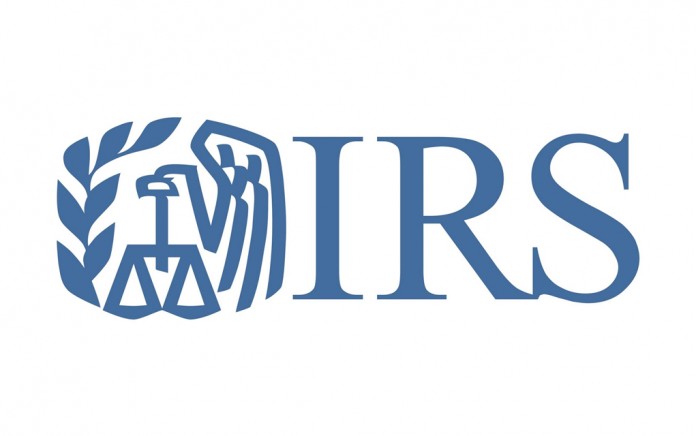WASHINGTON, DC — Across the nation, compliant taxpayers are getting calls from “IRS agents” threatening them with lawsuits or jail unless they pay fictitious tax debts immediately. Even IRS and Federal Trade Commission employees are receiving these disturbing calls. Phony IRS e-mail threats still abound, but the phone calls seem to be taking this criminal activity to a new high – probably in part because vulnerable elderly taxpayers are often home during the day and reachable by phone.
“I’ve gotten those calls – everyone here has gotten those calls,” reports 92 year-old Mary Flippen, a resident of a retirement community in Charlottesville, Virginia. “The staff here has sent out several notices warning us about these phony IRS calls, but initially it was very upsetting.”
To protect yourself and your family, first you should know that the IRS doesn’t initiate contact with taxpayers by e-mail, text message or social media channels to request personal or financial information. This includes requests for PIN numbers, passwords or similar access information for credit cards, banks or other financial accounts.
The IRS will never call to demand immediate payment, nor will the agency call about taxes owed without first having mailed you a bill (although even that can be fraudulent – scammers are sending out false notices of “change to return” asking for small amounts that taxpayer often pay without questioning). IRS will not threaten to bring in the police or other law enforcement to arrest you for not paying – debtor’s prisons were long ago found to be unconstitutional. IRS will not demand that you pay taxes without giving you the opportunity to question or appeal the amount it says you owe, and it will never ask for payment over the phone through credit cards or pre-paid debit cards.
In reality, people who are in trouble with the IRS hear first by postal mail, and have the opportunity to hire an enrolled agent (“EA”) to represent them before IRS in matters of audits, collections and appeals. Those who hired a tax professional to prepare their taxes in the first place are in the enviable position of being able to refer the crooks to his or her preparer – that’s the end of that hoax for the crooks.
IRS reports that over 60 percent of taxpayers hire a professional, but an incompetent preparer can land taxpayers in plenty of hot water. In its “Tips for Hiring a Tax Return Preparer,” IRS recommends using care. The Service itself offers only one license for tax professionals, enrolled agents. EAs are the only federally licensed tax practitioners who both specialize in taxation and have unlimited rights to represent taxpayers before the IRS. All candidates are subjected to a rigorous background check conducted by the IRS.





